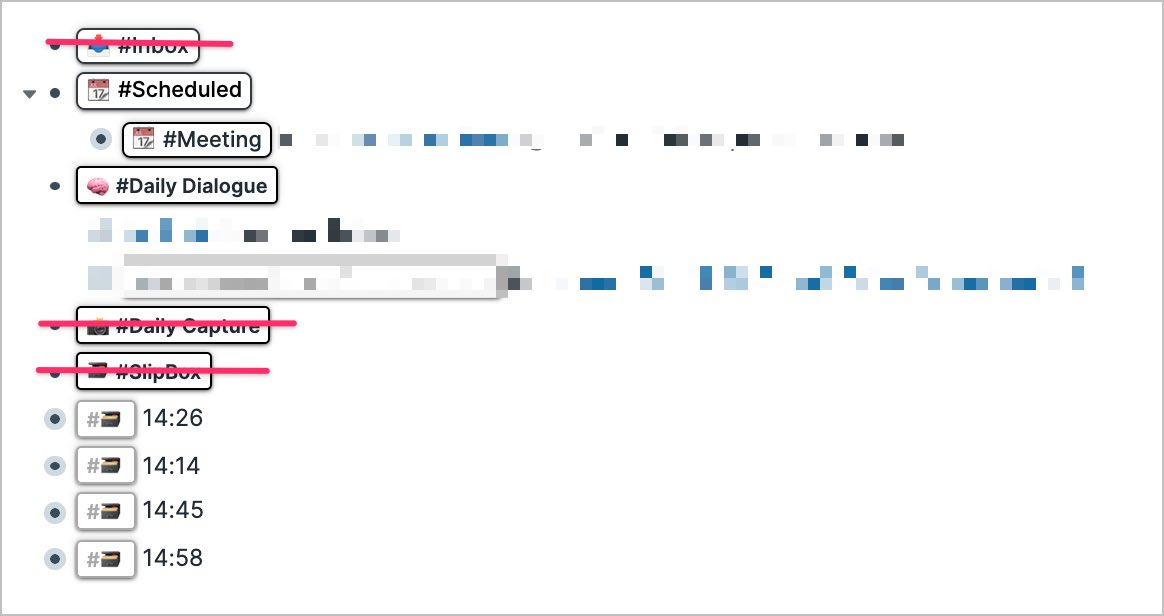Why! Why! Do I receive emails daily from my students which state: “Sorry for bothering you…” or “I apologize for the email...". Are you kidding me? What kind of student culture are we as a system and as educators developing where students feel like a question is an imposition.
Don't get me wrong, I recognize that many of our inboxes r overflowing with messages. Though that is MORE likely the result of your bad email management than overwhelm by student questions (yes I know, admin emails too). If we are not there to guide the prepared and uprepared…
students alike, what the hell are you doing in this profession. A tangential analogy perhaps. I was a chef for a decade. A far too many chefs I met were upset when customers wished to modify a dish to remove this or add this, or make some kind of exception. While recipe integrity
is a real issue, why get upset about modifications. Aren't you there to serve your customers. This is similar to when a customer complains about a dish. Why get mad… It is either you didn't do it right OR the customer has different expectations. Either way, flexibility is req.
My students deserve my attention, even in email. Though I really don't promise immediate responses or even responses on the weekends (we have lives too), there will be a thoughtful response. What are we doing to create this kind of culture?
• • •
Missing some Tweet in this thread? You can try to
force a refresh














